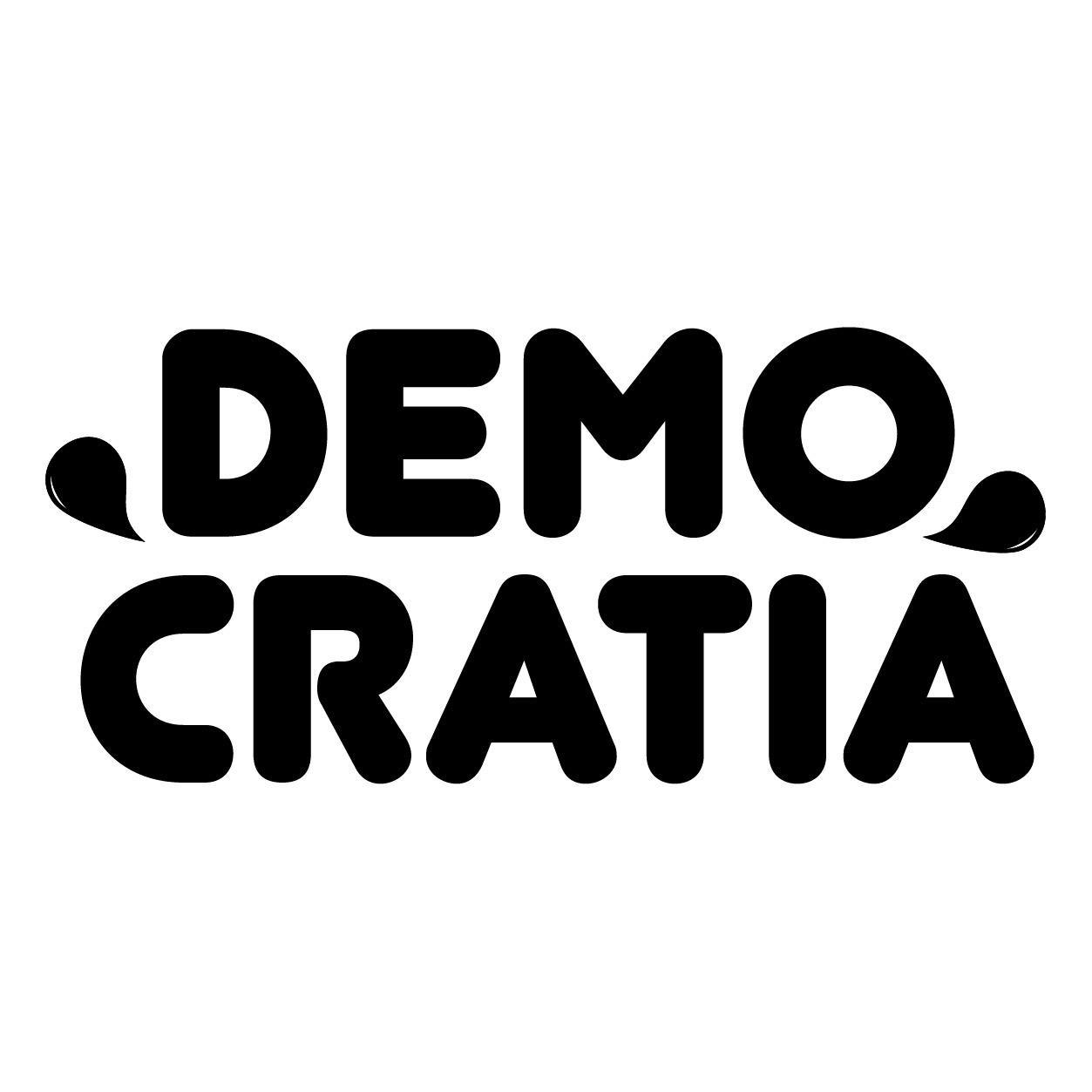
The East-West Dialogue (Academic Exchange and Scientific Cooperation for Security, Cooperation and Civil Society Development in Europe in 2022) Project is a project intended to break barriers and to contribute to interdisciplinary exchange of experts, scholars and scientists from fields not limited Environmental and Water Technology, Conflict Research and Management and Leadership.
The project which has the aim of water-conservation, sustainable land and water use through prevention and resolution of water conflicts caused by agricultural practices is managed by Prof. Dr. Ulrike Gayh (SoEA) of the HSHD together with Prof. Dr. Elena Gogina (NRU / MGSU). During the East-West Dialogue Project, students will get to interact with experts from public institutions, private companies, civil society actors, practitioners from agriculture, forestry and water management from Germany and Russia.
During the interactions, students will build their capacity in ‘leadership cultures for sustainable conflict prevention, cross-border understanding of potentials of water partnerships as alliances between governmental institutions, companies and civil society actors as well as conflict research and management’. Additional master students from SoEA of the HSHD, Germany will have the opportunity to discuss with scientists, doctoral students and students from the departments of water and environmental technology from partner universities in Russia the subject of management, leadership and conflict research. Post the project, students would have been sensitized on the potential of interdisciplinary approaches including working in interdisciplinary teams to find solutions to ‘regional water use conflicts using a broad spectrum of (digital) technologies and to present them in front of a scientific audience and experienced practitioners from agriculture, forestry and water management’.
Scope of the project
The history of many countries is characterized by struggles over natural resources. The resource water is of central importance for the socio-economic development of a society or a state. If this access is restricted, e.g. by pollution, overuse or political conflicts, the associated decline in the social standard of living and general dissatisfaction can lead to massive intra-societal tensions, which have an enormous destabilizing potential for democratic forms of government and society. Both resource scarcity and resource abundance act as internal destabilizing factors through the resulting competition for distribution. This distributional competition occurs between different user groups, for example, between agriculture and industry, urban and rural populations, or between ethnic groups. In addition, weak rule-of-law structures create a fertile breeding ground for corruption and patronage in water policy and management.
Because of its importance, water as a resource is often politicized and/or ideologized. Political goals such as maintaining power, regional dominance or ideological dominance outweigh the question of technical solutions for demand-oriented distribution. Whether water supply and wastewater disposal, freshwater production or water treatment – the spectrum of water technology options for promoting water resource management geared to local and regional needs is diverse and very promising in terms of promoting the prevention and reduction of conflicts.
Water as a resource is also of central importance for a large number of industries. Not only in energy supply, but also especially in manufacturing and processing industries such as chemicals or agriculture, the use of water is indispensable. Against the backdrop of increasingly limited water availability, entire industries are faced with the challenge of reducing their water consumption and sustainably redesigning their production processes.
Due to more frequent droughts, such as the one in April 2020 in the south of Russia, there are massive crop failures and export restrictions. This led to a price increase for wheat on the world market, making foreign exports economically more attractive for Russian companies. At the same time, however, the price increase also led to social conflicts in Russia, as domestic consumer prices for grain as well as for grain products such as bread and flour rose. Another downside is a decline in foreign exchange earnings due to export restrictions, which negatively affects import conditions for Russian companies. At the same time, the Corona pandemic also led to a widespread production freeze in Russia in the spring of 2020, resulting in a drop in the value of the ruble against the dollar and euro, a decline in gross domestic product and waves of layoffs. In combination with rising consumer prices due to the drought, domestic tensions were also heightened.
Citizens, who in many cases are primarily affected by water conflicts, are becoming increasingly involved in civil society organizations at the local, regional, national, and international levels for the resource of water. Despite many attempts by the Russian state to limit this involvement, civil society actors are making an important contribution to conflict reduction and the development of democracy. This is because, complementary to the technological and economic perspective, water partnerships are becoming increasingly important as alliances between state institutions, companies, and civil society. Against the backdrop of diminishing water availability, in many cases exacerbated by climate change, future next generation leaders will be confronted more than ever with water conflicts and their complexity – whether as a mayor, a member of parliament, a leader in a public institution or in a private company.
The DAAD is the world’s largest funding organisation for the international exchange of students and researchers. The motto of the DAAD is “Change by Exchange”. Since it was founded in 1925, around two million scholars in Germany and abroad have received DAAD funding. It is a registered association and its members are German institutions of higher education and student bodies. Its activities go far beyond simply awarding grants and scholarships. The DAAD supports the internationalization of German universities, promotes German studies and the German language abroad, assists developing countries in establishing effective universities and advises decision makers on matters of cultural, education and development policy. More about the DAAD on their website.

